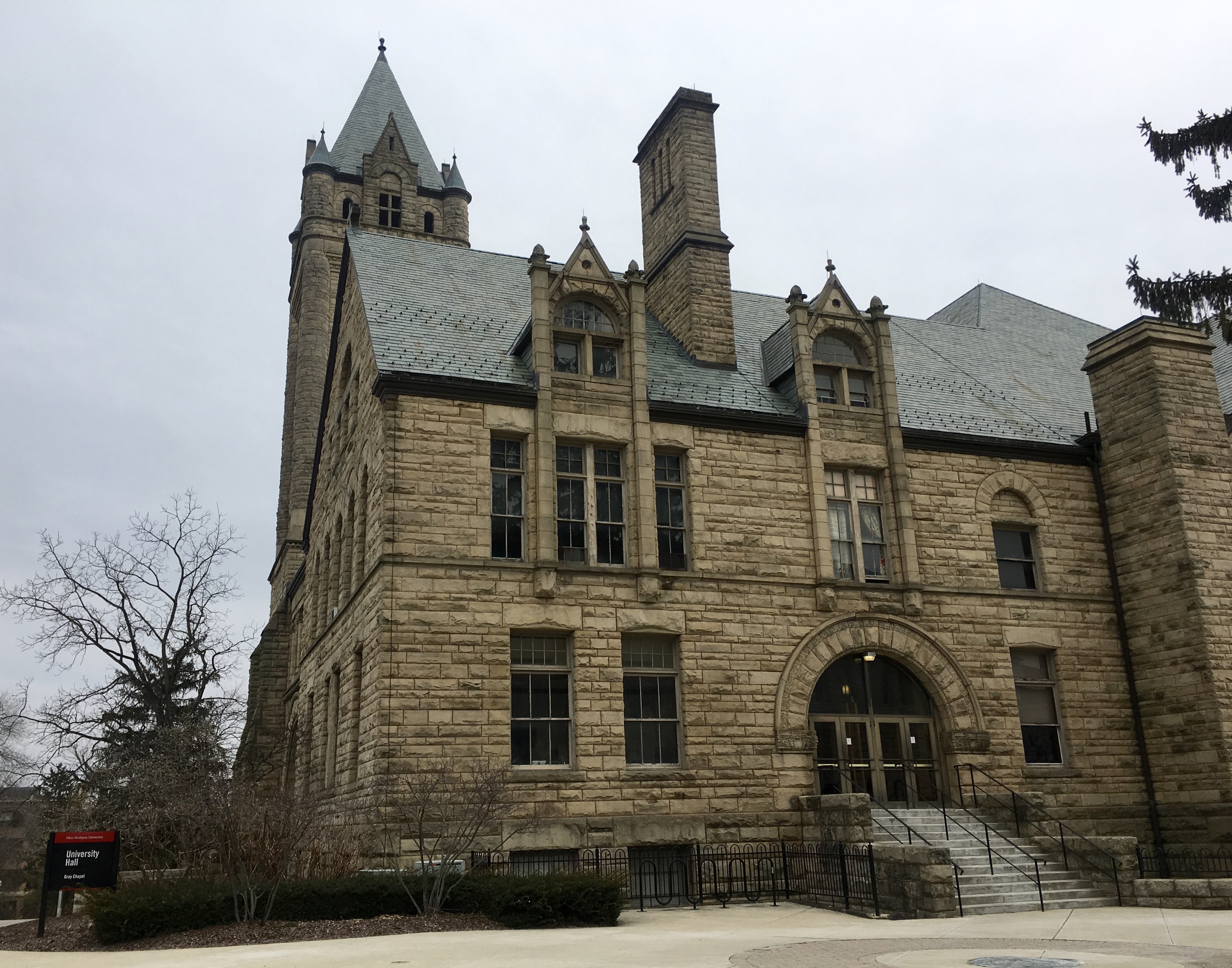Updated April 6, 2019
By Avery Detrick
Staff reporter
aedetric@owu.edu
The United Methodist Church (UMC) voted to uphold the churchwide ban on same-sex marriage and LGBTQ individuals as clergy members.
According to the Akron Beacon Journal, a group of 864 appointed delegates, clergy members and laypeople voted on Feb. 26 at a UMC conference held in St. Louis, MO. Taking 5 days of deliberation, the decision to continue the ban came from religious views against the sanctity of same-sex relationships.
In 1972, the UMC officially barred “self-avowed practicing homosexuals” from becoming clergy members. Same-sex marriage is also prohibited within the church.
“I don’t think it’s surprising given the make-up of the conference,” Ricky Sammartino, an Ohio Wesleyan University sophomore and practicing member of the UMC said. “I think it’s very disappointing to a lot of people, but I think it reflects the fact that outside of the United States the attitudes towards homosexuality aren’t as progressive as they are here.
“Being organized at an international level instead of simply [at] a national level makes social change hard,” Sammartino said.
The decision of the UMC leaves many questions involving how LGBTQ members of the church will react, especially on a local level.
“Asbury UMC and William St. UMC here in Delaware are officially reconciling congregations (as are many Columbus congregations), which are congregations that have official commitment to the full inclusion of LGBT persons in the life of the church,” Associate Chaplain Chad Johns said.
“OWU and Methodist Theological School in Ohio (MTSO) have also had long-standing commitments to support full inclusion in the church as well as a commitment to diversity, equity and inclusion on campus,” Johns said. “I’m confident these communities will continue in those commitments.”
Johns raises worries on how the international decision will have a ripple effect that impacts local institutions despite their commitment to inclusion.
“I suspect we’ll see a lot of communities navigating what it means to be fully inclusive and United Methodist,” Johns said.
Rock Jones, president of Ohio Wesleyan and of the University Senate of the United Methodist Church, sent out an email on March 7 sharing his thoughts about the decision with the university.
“Like many of you, I was hopeful the General Conference would vote to permit same-sex couples to be married in the church and to accept gay people into the clergy,” he said.
Jones discussed how many of the university’s values and culture has grown out of its history with the UMC, so there are potential impacts on campus of this anti-LGBTQ decision.
“As we look to the future, however, I think it is important to note that the General Conference’s vote has no impact on OWU’s deep commitment to diversity and inclusion … Nor does it have any impact on our governance, which is independent of Church control.
“I am deeply grateful for the opportunity to lead a campus that expresses full support of the LGBTQIA+ community, including full inclusion in every form of leadership,” Jones said.
The plan is to be discussed in the April meeting of the UMC general conference.
“We already know from previous rulings that parts of the legislation have been ruled unconstitutional and other parts will likely pass review,” Johns said. “We don’t know yet about other parts. The real challenge for the church will be figuring out what to do with implementing a fragmented plan.”
If the plan is ruled constitutional by the judicial council, the new rules will take effect starting Jan. 1, 2020.
